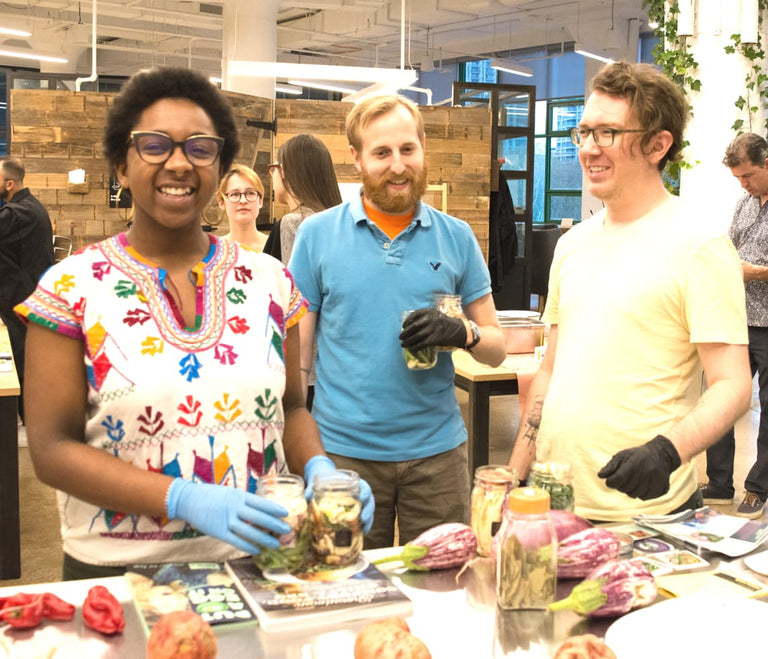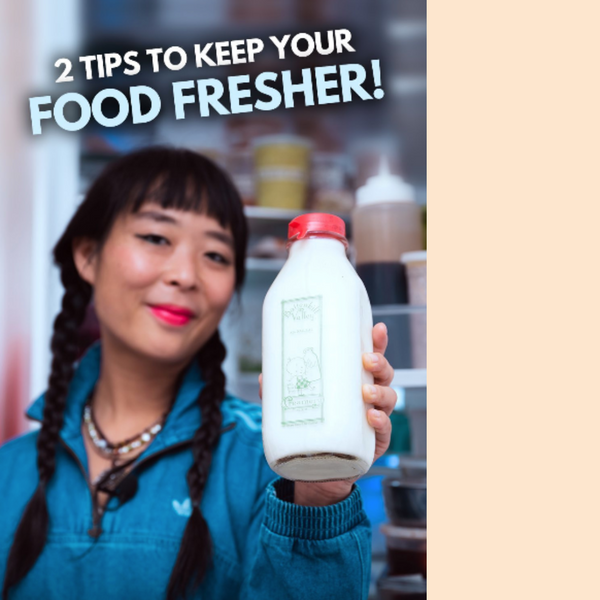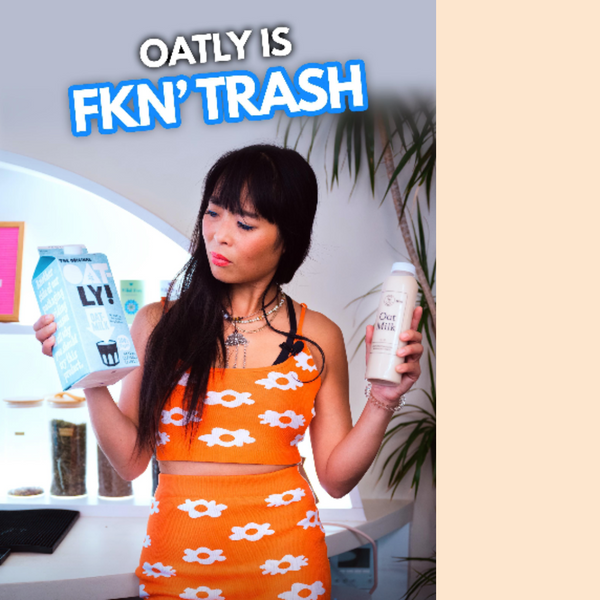Greenwashing in the Hemp Industry

Hemp is a variety of the cannabis sativa plant species that is grown specifically for industrial use. It is the fastest growing crop in the nation and coveted for its versatile use, from textiles to biodegradable plastics. It helps with pain relief and relaxation, too, thanks to cannabidiol, the compound better known as CBD. While the plant has a long history of cultivation around the world and in the US, the road to legalization in America has been tricky. After almost 30 years of being forbidden, the plant started to make a comeback in the early 2000s and finally became legalized in 2018. Since then, the industry has exploded and consumers drove CBD sales to over $1 billion in 2019.
So just what’s the problem? The market is saturated and unregulated. Despite the fact that FDA Commissioner Scott Gottlieb acknowledged the need for a more efficient framework to govern cannabis products, there’s been little progress in terms of establishing a standard for producers and sellers. The agency’s impotence has spurred a market disaster for hemp producers, causing sub-par hemp to become commonplace – but still sold at a high price. As a result, once-trusted brands are being called into question after failing to remain transparent with their customers.
First, let’s make some clarifications. The CBD oil spectrum can be a confusing one, though for the purposes of this article and general consumption, CBD isolate and full spectrum CBD are the most essential to remember. CBD isolate is the purest form of CBD that is devoid of all other ingredients apart from itself. Full spectrum CBD, on the other hand, contains all the terpenes, cannabinoids, and other natural chemicals found in the plant, that is, along with CBD, of course. Because it’s made up of a plethora of beneficial compounds, full spectrum CBD is the best choice for achieving the greatest possible effects.
Our friends at Pocono Organics, a regenerative hemp farm situated in Long Pond, PA, have made it their mission to set a new standard for all produce and plants through their hemp. Their labels are completely transparent, unlike many of the leading names in hemp production, and 95% of their products are certified USDA organic, a title not easily achieved within the hemp industry due to the expensiveness, lengthiness, and strictness of the entire process.
One of the Pocono Organics team members, Dave, explained to Local Roots that just like with food, “consumers should understand where their hemp comes from in the same way they understand where their food comes from. Hemp grown in healthy soil is more nutrient dense and effective.” Cannabinoids, he said, don’t need any help from ingredients like melatonin or menthol. In fact, the inclusion of these and other additives is likely due to the fact that hemp-CBD companies can legally benefit by infusing their topicals with ingredients such as essential oils or menthol because it provides them a legal pathway to remain within the confines of “cosmetics'' as defined under federal law, a label which affords them a greater relationship with the FDA. In other words, branding their products as cosmetic ones (and not food or supplemental ones) allows CBD sellers to avoid (or at least lower) the risk of facing retribution for making health-related claims about their products. Legal loopholes like this one are evidence of the broken state of hemp regulation in the United States. It is the reason that, in many cases, hemp is tainted, misrepresented, and of course, greenwashed to confuse consumers and circumvent the Food & Drug Administration.
Unlike the majority of CBD manufacturers, Pocono Organics controls their entire supply chain from seed to product. Their hemp is regeneratively farmed, meaning it supports a biodiverse ecology, is better for the environment, and grown in better soil. The farm even has the tallest twin-peak greenhouses in the world that are capable of growing anything from tomatoes, to hemp, to full-sized trees. These greenhouses allow founder Ashley Walsh and her team of dedicated workers to utilize regenerative farming techniques for growing literally anything, reflecting their committed investment towards reducing their carbon footprint. Not to mention, because hemp is a bio-accumulator, it draws a lot of toxins and metals out of the ground and can be used by farmers to purify their land, according to Dave. In short, good soil means nutrient-rich hemp, not unlike food.
The greenwashing of hemp is, unfortunately, uniquely commonplace. As a result, the pathway to avoiding greenwashing in this young industry is more complicated than in other food and drug industries. Essentially, producers base the greenness of their products upon standards set in place by research and data experts. So, what’s the catch? None of these guidelines exist in the cannabis industry. In the wake of this gaping absence, third-party regulators have stepped in to provide consumers of hemp with quantifiable research reports that support their claims, helping some, and hurting others. So, without any national ordinance, even cannabis tested in independent laboratories may still be mislabeled.
Pocono Organics is one of just a handful of hemp producers in the nation that is recognized as USDA certified organic. Though this may seem like a straightforward process, obstacles like expensiveness can get in the way. Not to mention, as a bioaccumulator, hemp easily absorbs and accumulates the compounds present in its growing environment, a process which can make growing untainted and organic hemp that much more difficult.
So, how can you avoid buying greenwashed hemp? Dave suggests knowing the farmer and understanding their growing process as the first steps to being a farm-based consumer of cannabis (and other) products. Hemp is an incredible tool that helps heal the earth, and has been proven to absorb more CO2 per hectare than any forest or commercial crop, making it the ideal carbon sink to help fight climate change. Its deep root system, which protects it from soil erosion, can also replenish depleted soils and improve soil health, thus increasing the ability of soil to sequester carbon and grow more nutrient dense produce. Plus, hemp can be grown with minimal water, without pesticides, and the entire plant can be used (the buds to make CBD, the stems to produce insulation material, and the leaves for edible uses), making this a zero-waste, high-reward plant that just so happens to look like tiny, adorable Christmas trees! Because of these and other benefits, it’s essential that hemp be regulated for the safest and best possible results. Head to our website and check out Poconos Organics’ CBD products like their CBD bath bombs which, by the way, make the perfect holiday gifts for anyone on your holiday gift list.
Hemp-ful Terms:
Hemp oil: The hemp plant can be used to produce everything from cooking oil, paper, and clothes to marijuana, CBD, and all the cannabinoids in between. Hemp oil is great for cooking but it has no cannabinoids in it and does not help with pain or anxiety. Be alert to what is said about the product;. Amazon will tell you they don’t sell CBD but they do sell hemp and conversely, companies will say it’s CBD, but it’s actually hemp.
Full spectrum: Contains all cannabinoids in the plant like CBD, CBG, and THC. Plus, the CBD has to be below .3% THC and not psychoactive, so you’re not going to feel high; the THC is merely a booster for the other cannabinoids. Full-spectrum help should help you sleep better, too.
Broad-spectrum: Includes all the cannabinoids without any THC.
CBD isolate: Producers remove everything out of the plant, leaving behind only CBD cannabinoids. This has become quite popular now, partially due to the fact that it’s a cheaper, more diluted process, though it’s nonetheless a watered-down product.
The entourage effect: When the full spectrum of cannabinoids work together to create enhanced effects of the plant, resulting in help with digestion, stress, implementation, and pain.
Organic hemp: Products may be made with organic hemp, but the rest of the ingredients may not be organic themselves. If the product is certified USDA organic, everything in the product is organic. Otherwise, ingredients cannot be assumed to be organic unless it is explicitly stated.
Non-GMO hemp: All hemp is non-GMO. But what else is in the bottle? Are there any other additives like flavoring agents (cheapens the process and makes it more approachable to consumers)? Additives can be harmful or added to cheapen the product.
Nano-particle: Particles shrink down and move through our blood faster, so you don’t need as high a dosage to achieve results since nothing is being flushed out.
Certificate of analysis (COA): Third-party lab test that reports cannabinoid makeup of the product. There are some products that have no cannabinoids–if it doesn’t have a COA, it may be harder to trust it.
Article by Local Roots Volunteer Jess Santoro (@jess_santoro)
Rather have a taste first?
Local Roots Experiences are fun, pop-up events where we bring the farm to you!

Become a Harvest Club Pick Up Location
Are you a NY based cafe, bar, or neighborhood business? Become a Harvest Club pick up location and have community members come to your establishment each week to pick up their Local Roots harvest.
Top






